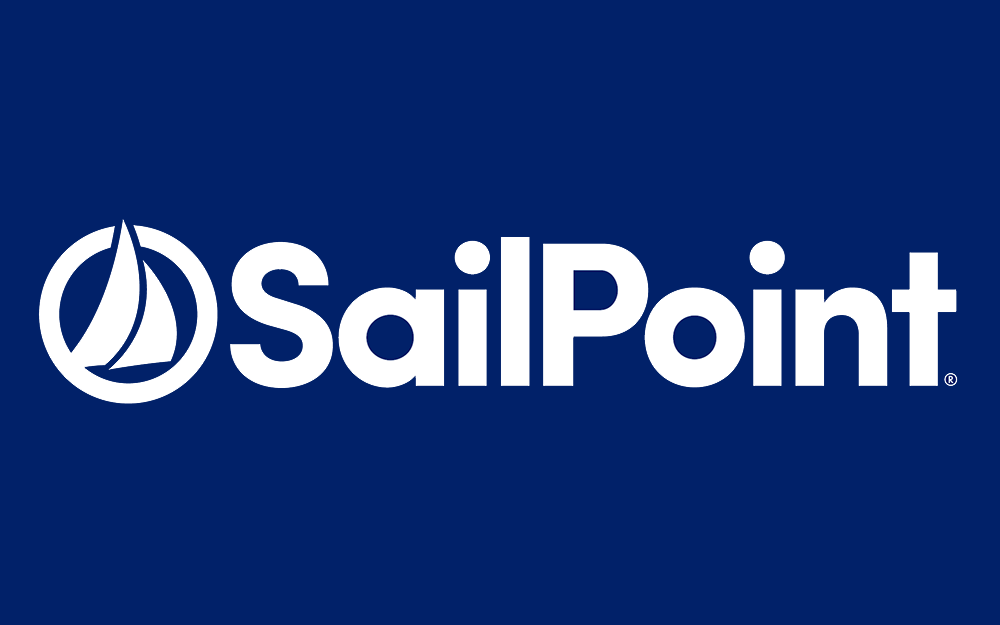The 7 Best Important Identity and Access Management in 2023

Do you know The 7 Best Important Identity and Access Management in 2023? In the era of digitalization, data protection has become a primary concern for businesses worldwide. Identity and Access Management (IAM) is a set of policies, processes, and technologies that manage digital identities and control access to data and resources. It ensures that only authorized individuals have access to sensitive information. Identity and access leaderships play a crucial role in building a robust IAM system. In this article, we will discuss the seven best important identity and access leaderships in 2023.
Read More: The best Windows software in 2023
Okta
Okta is a cloud-based IAM provider that offers a range of identity and access management services, including single sign-on (SSO), multifactor authentication (MFA), and user provisioning. Okta is known for its ease of use and integration capabilities with a wide range of applications and services. With Okta, organizations can manage their users’ access to resources in a seamless and efficient manner.
Microsoft Azure Active Directory (Azure AD)

Microsoft Azure Active Directory (Azure AD) is a cloud-based IAM solution that provides a range of identity and access management services, including SSO, MFA, and user provisioning. Azure AD is tightly integrated with the Microsoft ecosystem and provides seamless integration with Office 365, Azure, and other Microsoft services. With Azure AD, organizations can manage their users’ access to resources in a secure and efficient manner.
Ping Identity
Ping Identity is a leader in the IAM market, offering a range of identity and access management services, including SSO, MFA, and user provisioning. Ping Identity’s platform is known for its flexibility and scalability, making it an excellent choice for organizations of all sizes. With Ping Identity, organizations can manage their users’ access to resources in a secure and efficient manner.
SailPoint

SailPoint is a leader in the IAM market, offering a range of identity and access management services, including SSO, MFA, and user provisioning. SailPoint’s platform is known for its advanced capabilities, including automated access certifications and role management. With SailPoint, organizations can manage their users’ access to resources in a secure and efficient manner.
ForgeRock
ForgeRock is an open-source IAM provider that offers a range of identity and access management services, including SSO, MFA, and user provisioning. ForgeRock’s platform is known for its flexibility and scalability, making it an excellent choice for organizations of all sizes. With ForgeRock, organizations can manage their users’ access to resources in a secure and efficient manner.
OneLogin
OneLogin is a cloud-based IAM provider that offers a range of identity and access management services, including SSO, MFA, and user provisioning. OneLogin’s platform is known for its ease of use and integration capabilities with a wide range of applications and services. With OneLogin, organizations can manage their users’ access to resources in a seamless and efficient manner.
Centrify
Centrify is a cloud-based IAM provider that offers a range of identity and access management services, including SSO, MFA, and user provisioning. Centrify’s platform is known for its advanced capabilities, including privilege management and application-level access controls. With Centrify, organizations can manage their users’ access to resources in a secure and efficient manner.
IBM Security Access Manager
IBM Security Access Manager is an IAM platform that provides SSO, MFA, and risk-based access controls. It supports various authentication protocols, including SAML, OAuth, and OpenID Connect. IBM Security Access Manager provides real-time threat detection and response, compliance reporting, and access policy management. It integrates with over 200 pre-built applications and supports custom integrations.
Auth0
Auth0 is a cloud-based IAM platform that offers SSO, MFA, and adaptive authentication. It supports various authentication protocols, including SAML, OAuth, and OpenID Connect. Auth0 provides centralized access control policies, user and device management, and audit logging. It integrates with over 6,500 pre-built applications and supports custom integrations.
Read More: Top 5 Best Payment Card Issuance Software in 2023
Conclusion
As we look ahead to 2023, it’s clear that IAM will continue to be a critical component of any organization’s security posture. The 7 IAM leaders we’ve highlighted in this article offer a range of advanced capabilities and services that can help organizations enhance their security posture and manage their users’ access to resources in a secure and efficient manner.
To summarize, choosing the right IAM provider is a critical decision that can have a significant impact on an organization’s security posture and compliance efforts. By selecting one of the 7 best IAM leaders in 2023, organizations can benefit from cutting-edge technology, advanced features, and a strong commitment to security and data privacy.
It’s important to carefully evaluate each provider’s offerings and capabilities before making a decision, taking into account factors such as ease of use, scalability, and regulatory compliance. With the right IAM provider in place, organizations can ensure that their users have secure and seamless access to the resources they need, while minimizing the risk of data breaches, insider threats, and other security risks.
FAQs
1. What is Identity and Access Management (IAM)?
Identity and Access Management (IAM) is a set of policies, processes, and technologies that manage digital identities and control access to data and resources. It ensures that only authorized individuals have access to sensitive information.
2. Why is IAM important for businesses?
IAM is essential for businesses because it helps them to protect their sensitive information from unauthorized access and cyber threats. It also ensures compliance with regulations and helps to improve operational efficiency by streamlining access management processes.
3. What are the key features of a good IAM system?
A good IAM system should have features such as single sign-on (SSO), multi-factor authentication (MFA), fine-grained access controls, centralized user and device management, and audit logging capabilities.
4. How can businesses choose the right IAM platform?
Businesses can choose the right IAM platform by evaluating factors such as scalability, customization, ease of integration, security features, and cost-effectiveness.
5. What are some common challenges in implementing IAM systems?
Some common challenges in implementing IAM systems include complexity in managing user identities and access controls, difficulty in integrating with legacy systems, and resistance to change from employees. It is important to have a well-defined IAM strategy and clear communication with employees to overcome these challenges.











